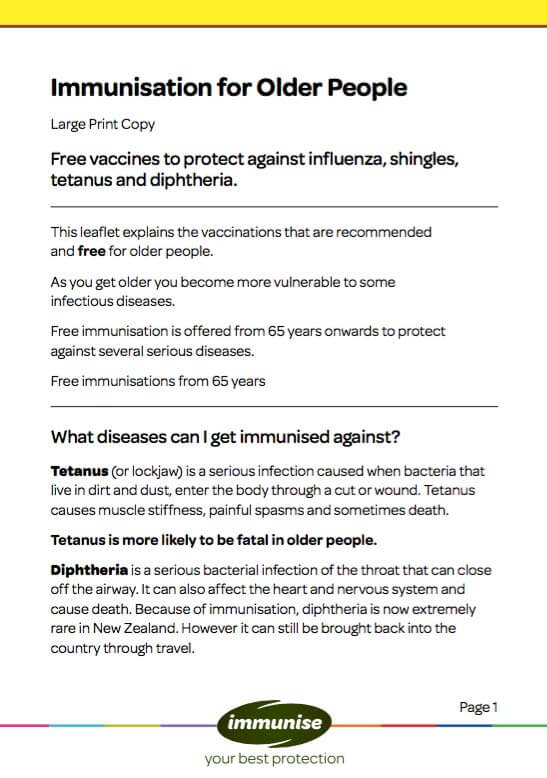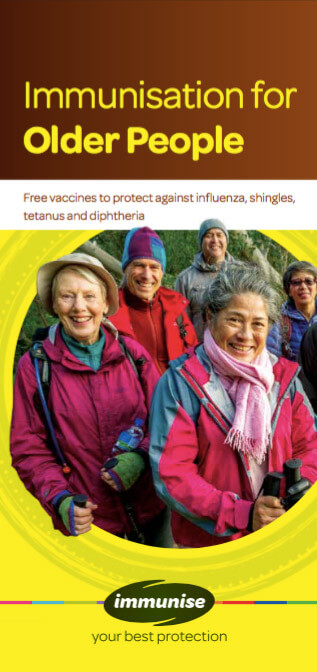Shingrix is a vaccine that can prevent you from getting shingles and, if you do get shingles, this vaccine can prevent you from complications of shingles including long-term pain.
- Anyone who has had chickenpox is at risk of developing shingles later in life. 1 in 3 people will get shingles during their lifetime.
- Shingles can be very painful and your risk of getting it increases as you age.
- The most serious complications are nerve pain that can last for months or years, and eye problems that can result in loss of vision.
- Read more about shingles.








